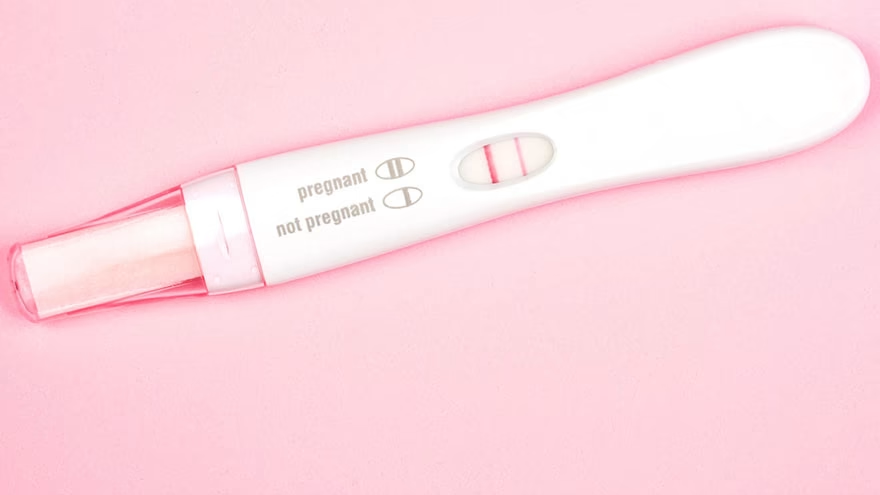
Production
HCG, or human chorionic gonadotropin, is produced by the cells of the placenta found in women who are pregnant, which provides nourishment to the woman's egg after it has been fertilized by the sperm.
Detection
HCG is detected by testing the urine or serum.
Process
HCG levels are seen around 11 to 13 days in the wake of imagining. After the levels are tested, the HCG doubles every three days until about two months after conception in which the levels stop and decline for the rest of the pregnancy.
Hcg & Pregnancy
Numbers represent HCG levels. If you are pregnant, your HCG level will be more than 25 mIU/ml, and if you are not pregnant, the number will be less than 5 mIU/ml.
Checking Hcg
Your HCG levels will most likely not be checked normally except if signs or entanglements are suspected. If you have a history of miscarriage or other problems such as bleeding occur during your pregnancy, your HCG will probably be checked.
Save for later
Found this helpful?
Pin this article to your Pinterest board and come back to it whenever you need a reminder.
Save to Pinterest


